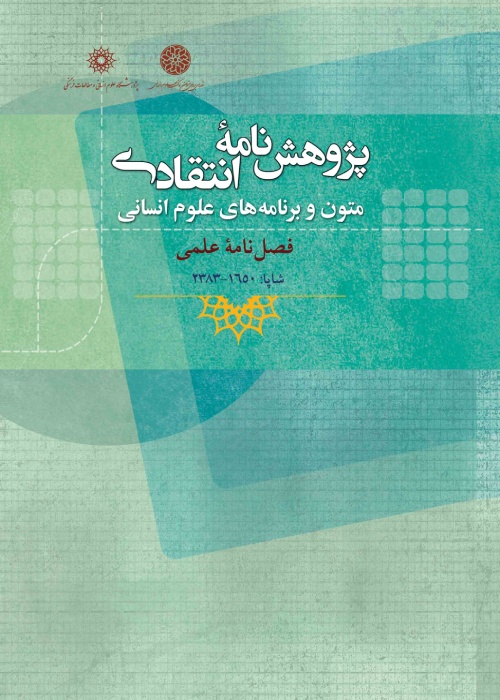Review and criticism of Analysis of MacroeconomicIndicators in Iran with Economic Resistance Approach
Explaining the concept of resilient economy and putting it forward as current discourse requires a thorough literature review. The purpose of this paper is to review and critique the book “Analysis of Macroeconomic Indicators in Iran with Economic Resistance Approach” written by Ahmad Tashkini and Amir-Reza Souri. Review of this book in terms of form features showed that it lacks some of the necessary components such as preface, author’s introduction, list of tables and figures, and overall conclusion. 25 percent of tables are also set as graphs unnecessarily. In some cases, there are some misspellings, grammatical errors, and weaknesses in academic writing. Overall, the quality of typography and layout is moderate and that of printing and binding is good. Book content review revealed that economy’s performance has been analyzed once during 1959-2012 in five irregular periods, and once again during 1981-2012 in eight four-years periods without any specific explanation. The analysis is often limited to descriptive analysis of trends lacking causal analysis and scientific citation. The main challenges of the economy in recent decades has been reduced to dependence on crude oil, imposed war, low productivity, low market financial depth and international sanctions. To address these challenges some solutions have been suggested such as recreating the role of government, empowerment, liberation, development of a competitive environment, improvement of business environment, reducing dependence on oil, attracting foreign investment and development of financial markets. These guidelines are very general and have already been mentioned repeatedly, and their relationship with resilient economy is not well explained. In the analysis of the contents, the related literature has not been reviewed and no room has been allocated to review other’s views. Using relatively much more data, this book is superior to its counterparts with rhetorical and non-statistical structure, but in terms of references there are some weaknesses such asnon-sufficient scientificreferences, non-accuracy in referencing method, lack of scientific integrity. The theoretical foundations and presumption of the book are not clearly stated. It can be inferred thatthe author assumed that the resilient economy is the same as making the economy resistant. Sometimes evidences implicitly showed a kind of biasness towards government intervention approach, and sometime in favor of free market system. The suitability of this work with Islamic principles and attitude is very decent. This book can be used as a supplementary text through which the university students can get familiar with Iran's economic challengesand economic policies of resilient economy.
- حق عضویت دریافتی صرف حمایت از نشریات عضو و نگهداری، تکمیل و توسعه مگیران میشود.
- پرداخت حق اشتراک و دانلود مقالات اجازه بازنشر آن در سایر رسانههای چاپی و دیجیتال را به کاربر نمیدهد.



